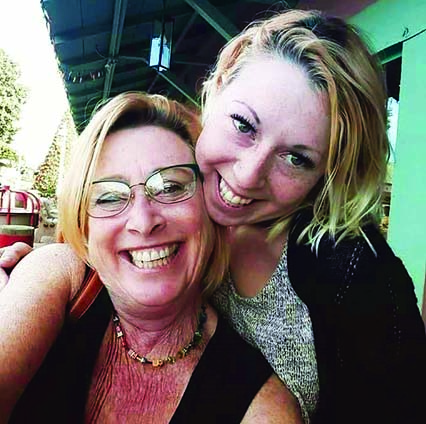Boundaries are how we teach others to be with us, and how we express our needs and wants, to validate our emotion, or support or resolve what we feel. Personal...
Boundaries are how we teach others to be with us, and how we express our needs and wants, to validate our emotion, or support or resolve what we feel. Personal boundaries are guidelines, rules or limits we create to identify what are reasonable, safe and permissible ways for others to behave around us and how we respond when someone steps outside the limits. Boundaries are built from a mix of beliefs, opinions, attitudes, past experiences and social learning. They are also an expression of how we view something, what we feel about it, and what we want or need based on the feeling we are having about the event.
Why boundaries are difficult to establish
Many of us didn’t learn how to express ourselves or were not allowed to have boundaries ss we were growing up. We may have been told “no” to what we were feeling or wanted. Perhaps we were violated for expressing our thoughts and feelings — told we were wrong. We may have not been encouraged to express ourselves, how we felt or what we wanted or needed.
Here is an example: One of our aunts came to our home wearing lots of make-up, thick red lipstick, she just smoked a pack of cigarettes and when she enters, we were told to give her a kiss. Her looks may have frightened us so we said “no.” Maybe our parents said, “Give her a kiss or …. go to your room.” If we said no again, we may have been punished for expressing ourselves.
In that quick scenario we learned what to think, feel or want and our self-care was denied. No one validated us for expressing our feelings — instead we were challenged, shamed and embarrassed by the incident.
When we are allowed to express our thoughts, feelings and desires, we are having being validated. When what we think, feel and want is determined to be wrong, we are violated.
Walls are not boundaries
Growing up without healthy boundaries, we learn to use walls as defenses — hiding behind them to protect ourselves. We learn to yell or be quiet, leave, punish others and use sarcasm or another defensive behavior to push people away. As we learn to do this and our defenses work, we continue to reinforce our walls of protection as adults.
We believe the walls in relationships will protect us from our fear of intimacy or rejection. But walls do nothing more than damage and destroy relationships. They are destructive because they are a mask we think will protect us from hurting.
In reality they keep us from avoiding our right to share feelings, needs and wants. A wall is a defensive reaction to an emotion happening now, after something has happened that resulted in an undesired emotion.
Rather that expressing the emotion and we push away with defensive behaviors.
Walls can be expressed passively by the use of silence. They can be passive-aggressive, by being nice now and getting even later, or aggressive by the use of anger and rage. Our resentments fester as a result of not knowing how to express a boundary. Resentment is withheld communication stemming from a fear to express what we are truly experiencing. When we withhold, we are actually giving the other person instructions on how to treat us. If we erupt, we blame others for doing something they didn’t even have a clue was unacceptable.
Learning to set healthy boundaries
As adults we carry the training we learned with boundaries. But we can learn to acknowledge what our thoughts, feelings are and what we desire. We can change by sharing who we are.
To express a healthy boundary, one of us shares what we think, feel and want and the other person listens. The listener is validates the other by really listening. Someone stating a boundary is asking for support.
Stating a boundary might feel risky at first. After all, the person receiving the boundary can say “no.” To be vulnerable with others will give you information about who supports you…. and who doesn’t. Boundaries will help us find the best people to be in our circle. When we have healthy boundaries with others we move towards that person with a sharing of intimacy. Healthy boundaries are about taking care of what ‘I’m feeling with the expression of wants’. Remember, we can learn to express a boundary, as well as learn how to support others with theirs.
Michael is the co-founder and Clinical Director of North Pointe Counseling Center. Michael holds a Master of Arts in Professional Counseling, and a Bachelor of Science in Electronic Engineering and Technologies. Visit www.npccaz.com/































